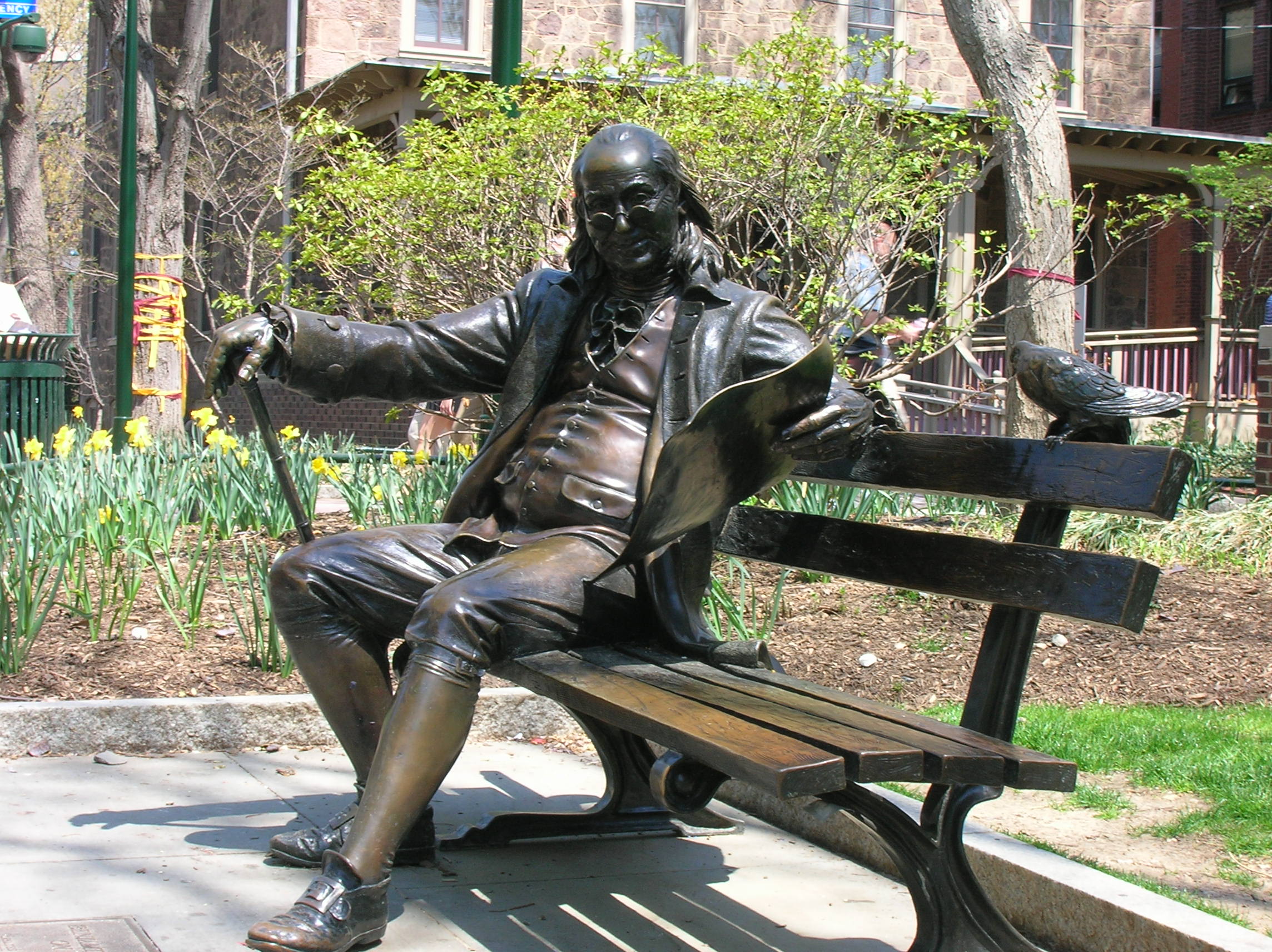Unless you have been sleeping the spring away, you know that Facebook recently bought Instagram, the photo sharing company, for $1 Billion. But Instagram didn’t start as a cool photo sharing app. The founders originally started a company called Burbn, which allowed users to share their locations as well as notes and pictures. Burbn did not take off, so the founders did what many successful start-up guys do: they pivoted in a slightly different direction. They stripped out the location and note sharing, and focused on photo sharing with filters and effects, thus setting Instagram apart from other apps. Its popularity soared. The rest is history.
I was reminded of pivoting founders this week when I attended a talk by former dean of Columbia College Austin Quigley, who discussed his own career, which developed in non-linear fashion, as do the careers of most of us. He stressed the need to learn how to change, or pivot. Today’s professionals will likely change careers multiple times. Even those who don’t must quickly adapt to rapid changes in their fields. Those who don’t stay ahead of the curve, Quigley said, will be left behind.
This was just the beginning of Quigley’s talk, which was fascinating and covered a lot of ground. I focus here on his emphasis on educating people for change. He feels institutions like Penn and Columbia are particularly able to provide this education through a thorough grounding in the liberal arts. This resonated with me, as I meet more and more Penn alumni who have successfully adapted to the challenges they face in their careers. They learned to pivot. And that is one of the most important things a Penn education can provide.
Can you recognize when it’s time to pivot? Are you ready to do so, again and again? To stay ahead of the proverbial curve, you must, regardless of where your career takes you. Success is not measured in billions, after all, but in the ability throughout one’s career to work and contribute in meaningful ways. Good luck with your pivots – and enjoy the summer.



